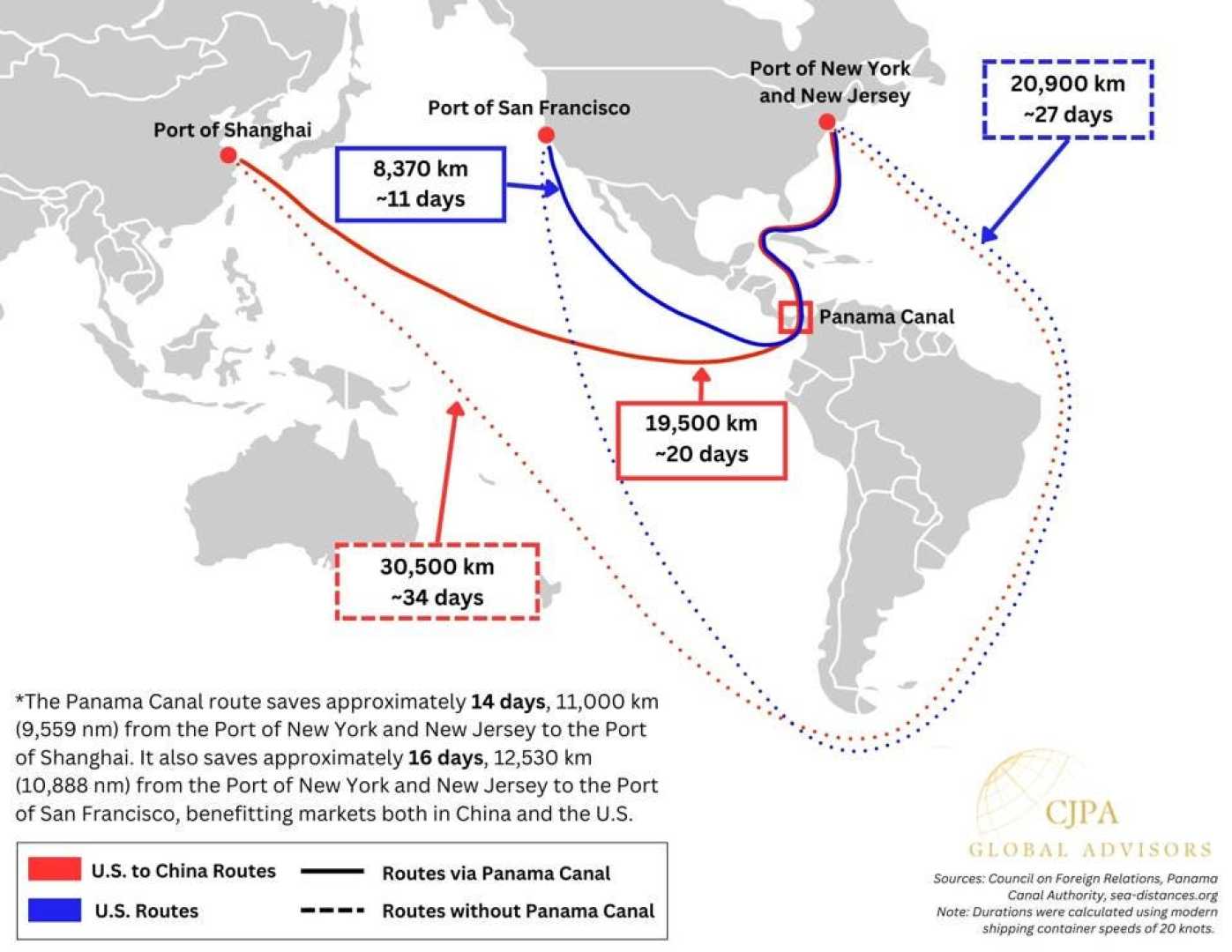Politics
U.S. Strengthens Control Over Panama Canal Amid Chinese Influence Concerns

WASHINGTON, D.C. — In a significant move to bolster U.S. influence in Central America, Defense Secretary Pete Hegseth announced two landmark agreements on April 13, 2025, aimed at countering China‘s growing hold on the Panama Canal.
Hegseth lauded the agreements during an appearance on Fox News, where he highlighted the importance of securing the canal for U.S. strategic interests. He emphasized that the U.S. must not allow adversaries to gain an edge in key maritime routes. “If we can’t use that waterway in a key contingency, then China has an advantage,” he stated, reiterating the urgency of the situation.
The agreements include a deal with the Panama Canal Authority and a memorandum of understanding that will enhance U.S. presence in the region. This will involve the reopening of Fort Sherman, a former U.S. military installation in Panama, as part of efforts to secure the canal from potential foreign control.
Hegseth pointed to a renewed commitment to “peace through strength,” suggesting that past administrations had neglected the importance of maintaining U.S. interests in its own backyard. “Other presidents have allowed us – we’ve been sort of asleep at the wheel,” he said. “President Trump has said, ‘we need to be serious about our own backyard.’”
In his remarks, the Defense Secretary also expressed appreciation for Panamanian leaders, particularly Mulino, whom he dubbed a “pro-Trump” ally for his willingness to collaborate with the U.S. against Chinese influence. Hegseth alleged that China’s intentions include constructing a tunnel under the canal, referring to their operations as “insidious.”
“You could feel” China’s desire for control, he said, arguing that the agreements mark a significant effort from both nations to diminish China’s influence in the region. He described the partnerships formed with Panama as crucial in reestablishing U.S. stature in the canal’s management.
In response, the Chinese government has disputed Hegseth’s claims, with a Foreign Ministry spokesman denying any undue influence over the Panama Canal. Meanwhile, Trump has consistently warned about the implications of U.S. inaction in the region since resuming office, emphasizing the need for proactive measures.
The recent agreements are expected to lead to a stronger U.S. presence in Panama and further diplomatic relations focused on regional security and trade, underscoring the ongoing geopolitical tug-of-war with China in Central America.












